GreenGen CEO Talks Coronavirus, ESG Practices
Bradford Dockser shares insights on sustainability and energy efficiency in the context of the pandemic.
COVID-19 is affecting every industry and sector. From the hospitality industry to the softening office sector, the global economy is experiencing an extended slowdown. Bradford Dockser, co-founder & CEO of GreenGen, discussed investments in energy efficiency with CPE and what could stand at the core of restarting the U.S. economy.
It’s been almost a year since we last spoke. How have things evolved for GreenGen during this time?
Dockser: We have seen interest in sustainability and environmental, social and corporate governance (ESG) grow substantially over the past year, particularly when it comes to how ESG strategies can drive real ROI and positive financial outcomes for investors. We’ve also expanded geographically with a new office in Shanghai and our team has grown to 30 full-time employees, which is a 50 percent increase from a year ago.
We continue looking for new ways to deploy our expertise and create new ways to monetize it. Accordingly, since last year, we’ve created new business units—one focused on carbon offsets, and a venture capital arm investing in the most promising technologies.
How has COVID-19 impacted your business?
Dockser: Though GreenGen is headquartered right outside Washington, in Bethesda, Md., we are a global company that sees firsthand how this is playing out in different parts of the world. In Asia, countries have largely been much more proactive and aggressive about controlling the outbreak from the get-go, so we’re now seeing much of the region continuing, or getting back to, business. Contrast that with Europe, where most businesses have essentially gone into a full-scale shutdown. The U.S. appears to be somewhere in the middle. Some of GreenGen’s new projects are delayed, but the majority of our current projects are still underway.
GreenGen is one of the most active firms in the country in the senior living space. However, that industry has rightfully slowed down, as owners and operators focus on the health and safety of their residents. Despite the slowdown in that sector, we are continuing to grow and add clients in other sectors. The Northeast has seen the majority of business disruption. However, we are fortunate that some of our work is deemed essential.
READ ALSO: Energy Efficiency and Empowering Operations
It is actually a good time to carry out projects because, given how vacant many commercial buildings are, the impact on occupants is very low. With some team members still out in the field, we are constantly reviewing our safety protocols. Most of the currently recommended COVID-19 precautions were already best practices for GreenGen. We are focused on protecting our employees and clients and we’ve pushed ourselves to reexamine and improve upon best practices. In these times, it’s critical to take every possible precaution.
What is your business strategy for coping with the current times?
Dockser: GreenGen is very fortunate in that we have not had to let go or furlough any of our team members. Since the very beginning of this crisis, we have focused first and foremost on ensuring every single employee feels supported during this time of great uncertainty. We continue to work to support our clients and their needs. Where we are not able to go on-site, we do as much work as we can with data, while remaining conscious of how we schedule work once the economy begins to reopen. For instance, we are tracking assets across Europe to determine when we can begin to work again based on local ordinances, infection rates etc.
Because we are not starting new projects right now, the focus is on executing projects that were already underway safely and effectively. One interesting aspect of this situation is that an important part of energy efficiency is correlating physical occupancy with energy consumption. Now, because so many buildings are operating with low levels of activity, owners have a unique opportunity to see what is really going on with their utility costs. For example, we have a European client who has shut down their hotel, yet their energy consumption is still running more than $20,000 per month. This is an insight they would not have seen otherwise.
You’ve recently partnered with the Regional Manufacturing Institute to improve the energy savings performance of manufacturing facilities throughout Maryland. What methods are you planning to use to achieve a higher level of energy efficiency at these facilities?
Dockser: We are doing two things: First, we’re understanding how much energy these facilities are using and what parts of the building are impacting consumption. Second, we’re determining which tenants are using what parts of the building. This helps us correlate energy usage with economic and physical occupancy. Where the usage is high, we are making sure the equipment is efficient. This is critical knowledge for Maryland’s manufacturing community to try to reduce energy costs and improve overall sustainability.
How will this process unfold considering the current circumstances?
Dockser: Our work with RMI is not stopping. A few individual projects are on hold because we are unable to go on-site right now, but our partnership remains very much active. Anywhere we have already been on-site and done the initial assessment is continuing as normal, with enhanced safety measures.
You’ve been working with Senseware, a Virginia-based full-stack IoT solution provider for smart buildings, since 2017. Tell us more about this collaboration, and the decision to invest in the company’s expansion last year.
Dockser: This is a company we worked with on our solutions side of the business for a while before we even considered becoming an investor. When we first heard about them, we saw that their technology was a better solution than other options in the market. Eighteen months later, Senseware came to us and raised the possibility of GreenGen investing in the company. We knew immediately that we wanted to be a part of their growth. GreenGen invested because we have the knowledge and expertise to help accelerate their growth. Senseware is doing very well, present circumstances considered, and they continue to grow and bring on new projects and clients.
READ ALSO: Renewable Energy and the COVID-19 Factor
How have these unprecedented times changed the perception of core ESG strategies?
Dockser: What we are seeing now, amid these unprecedented times, is actually an acceleration in ESG investing. In the U.S., cities and states are not backing down from environmental goals. Many are arguing that a “Green New Deal” of sorts will be a core tenant of restarting the economy in the U.S. and Europe. We’re seeing countries around the world charge forward with climate goals. For example, two of Germany’s largest manufacturers recently announced they are no longer using coal.
The question then becomes: How do you couple climate goals with restarting the global economy? We don’t want to go back to an economy that pollutes our air, negatively impacting the climate. Most countries are going in the right direction and asking important questions like, “If we are going to create expensive economic incentives, do we want to support high-carbon jobs or provide a loan guarantee to a carbon-based business?”

Creating new jobs is of the utmost importance and the clean economy is the answer. There is no question that every part of the economy is suffering. When providing aid, do governments want to bolster pollution-causing industries that were already naturally slowing down? The answer should be no. The current situation is not a financial crisis in the same way 2008 was, and capital markets remain open. Are equity markets going to provide money to everyone or just to businesses that yield positive investments in our future? Capital markets are more discerning than ever before.
READ ALSO: Energy Choices, Climate Change and Risk Management
Do you think the pandemic will slow or stop investments in sustainability and energy efficiency, or will it accelerate the adoption of such practices?
Dockser: I do not think COVID-19 will slow investments in energy efficiency and sustainability. I think it will do quite the opposite. As the pandemic has created a business slowdown, we are helping lower existing operating expenses by lowering energy usage and costs. This slowdown is raising awareness around utility costs and everyone wants to rightsize their expenses. Behind rent and paying employees, utilities are the third biggest expense for most businesses. In a time when businesses are making tough financial calls, ESG investing is more paramount than ever and simply a smart strategy.
Your activity is not limited to the U.S. How do you think different regions will approach green practices both during and following this economic fallout?
Dockser: Even in this turbulent economy, we all share the same communal goal of responsible investing and greener practices. Many major governments have goals of seeing significant reductions in energy usage in the coming years. The direction toward a more sustainable future is already set. Here in the U.S., state and local governments are driving the charge toward a more sustainable future, and hopefully, the federal government will come around and follow their lead.
Every region will have a different focus. For instance, China will hopefully use this time as a reset for prioritizing air quality. An interesting side effect of the pandemic has been that people in heavily polluted areas have gotten used to better air and many of them do not want to go back.

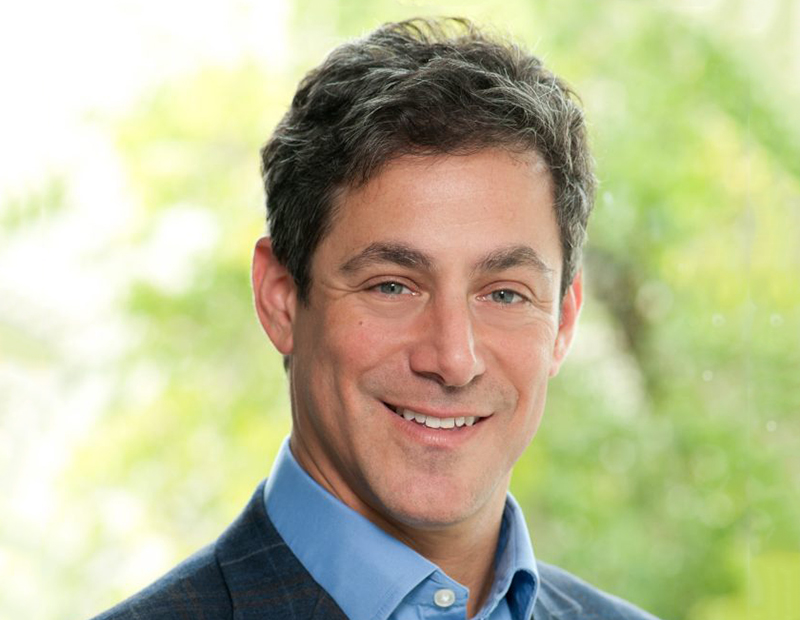


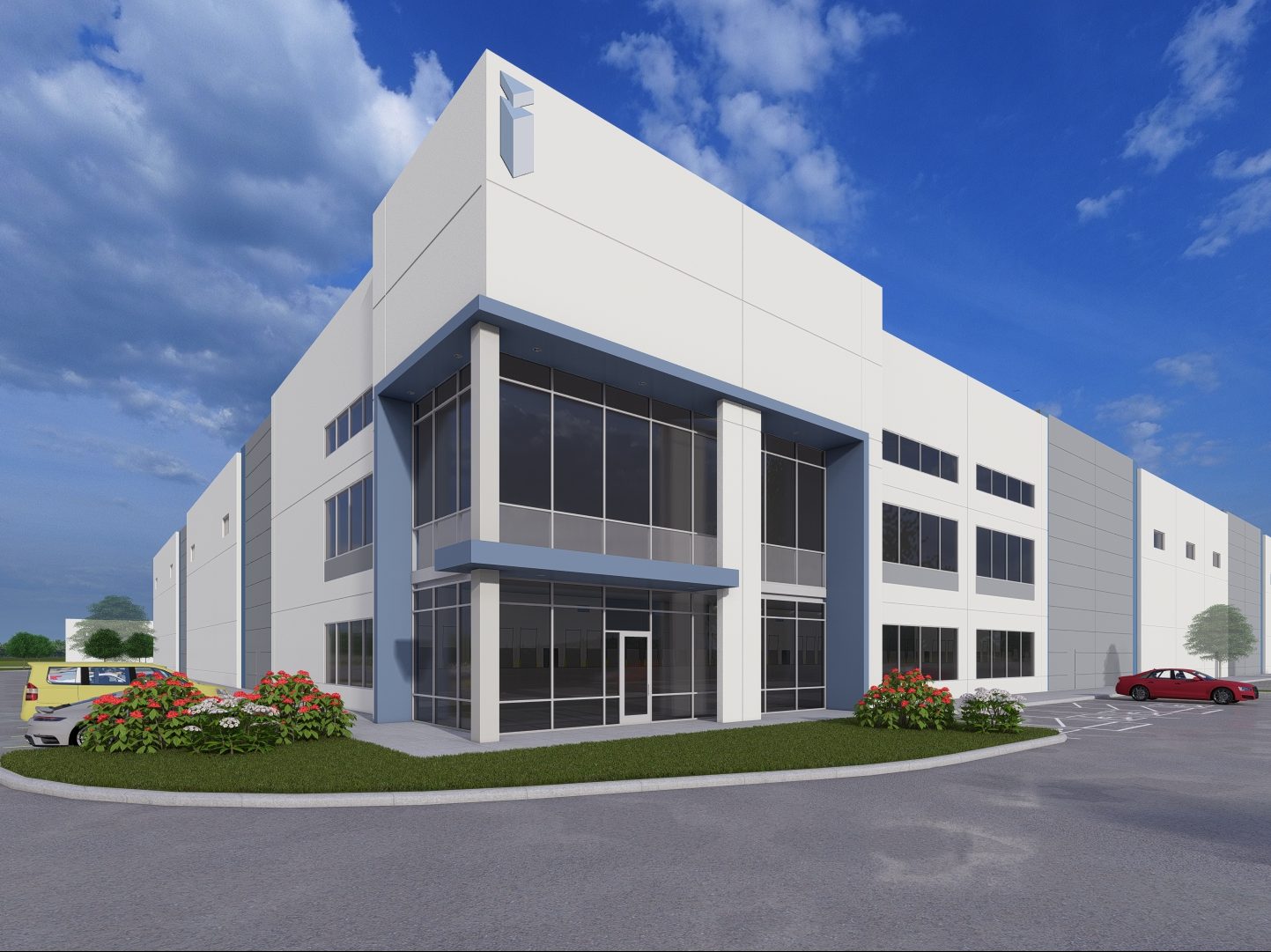

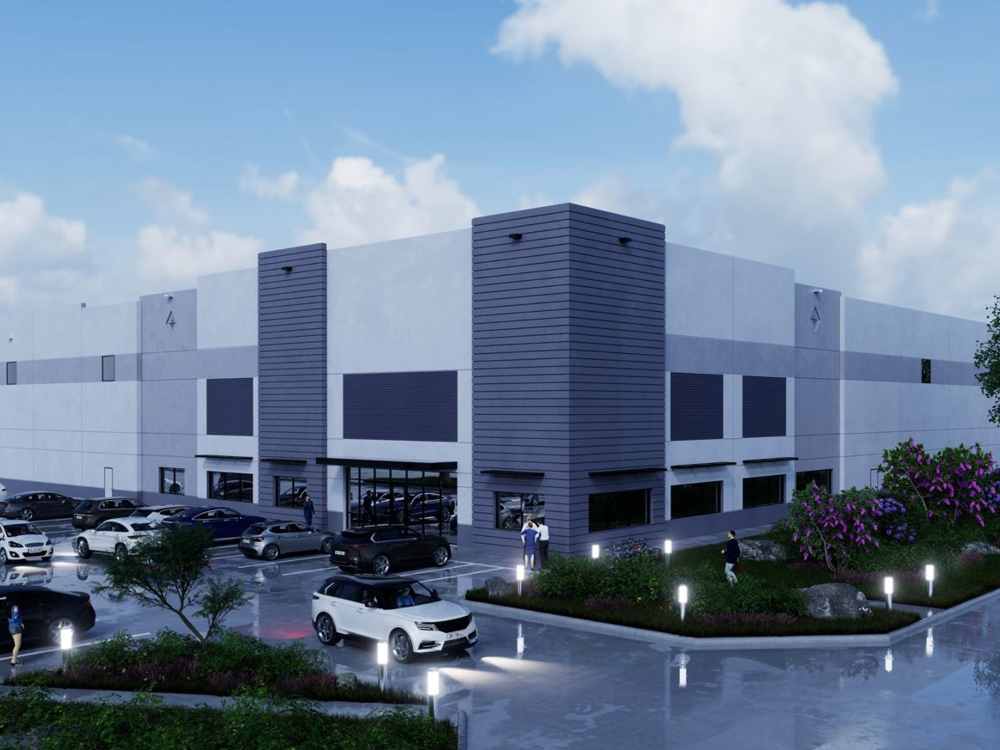
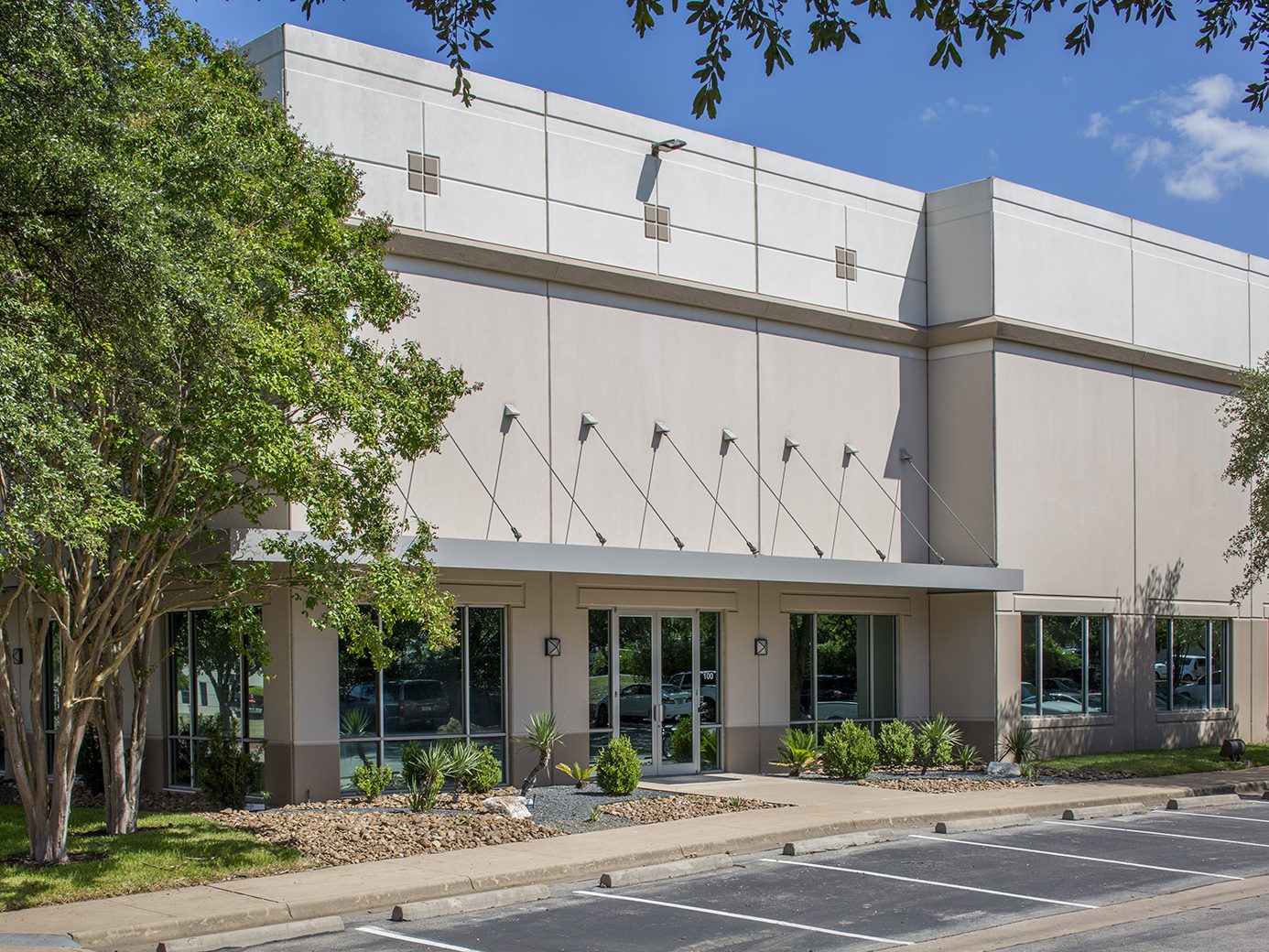
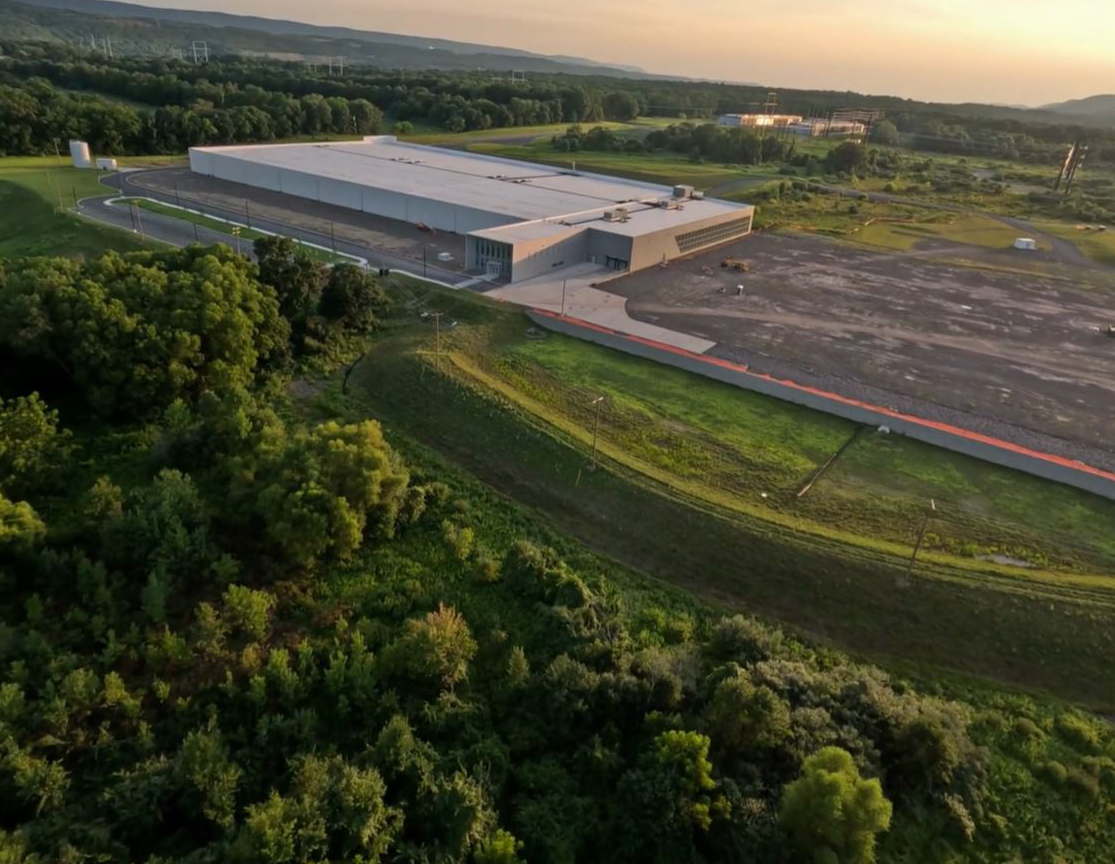
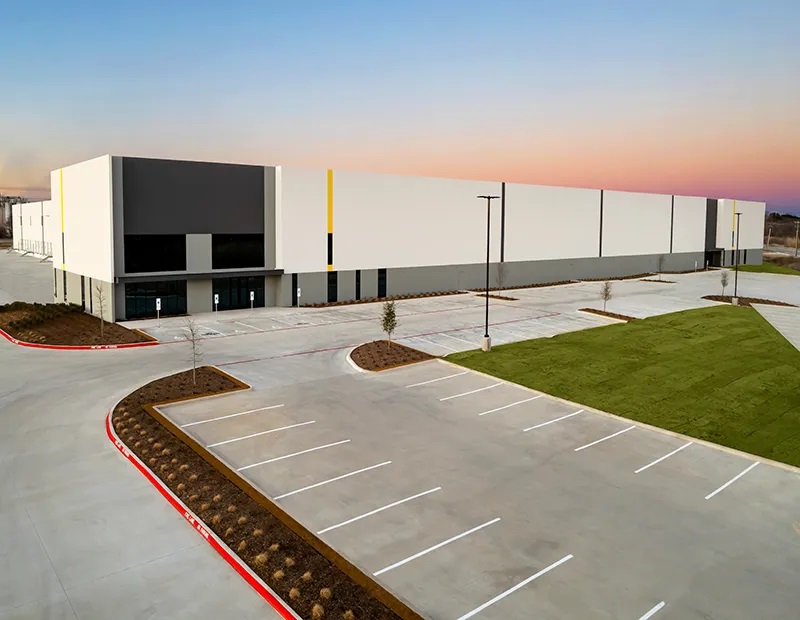
You must be logged in to post a comment.